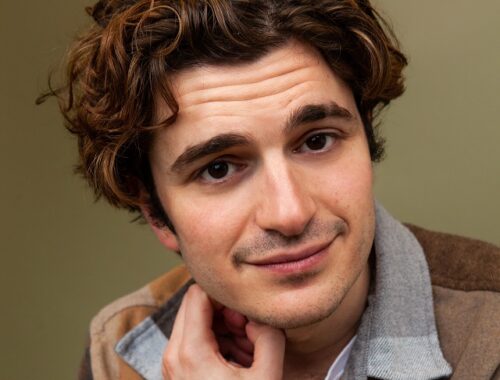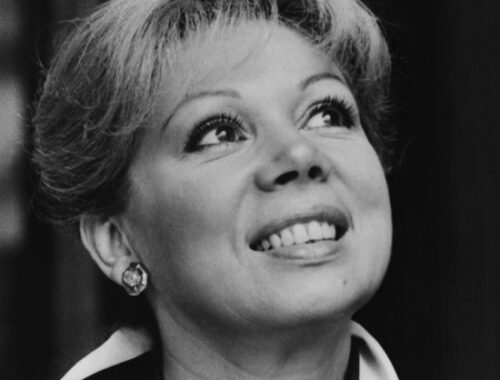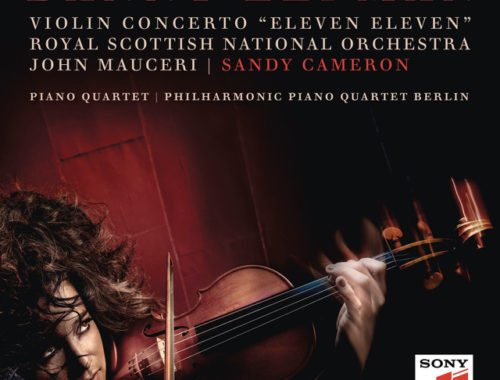Bavarian Radio Symphony Orchestra, Jansons, Royal Festival Hall
The Bavarian Radio Symphony Orchestra brought Strauss – oodles of it – for this Shell Classics International at the Royal Festival Hall; and as they signed off with one of those signature Rosenkavalier waltzes, all swooning strings and tumbling horns, there wasn’t a great deal more we could have asked of them. Suddenly they were effectively Mariss Jansons’ well-upholstered dance partner out for a quick spin around the South Bank. Strauss was in his heaven and so were they.
So where’s that fifth star, you might be asking? Well, if there is one thing this most cultured of orchestras is reluctant to give us it’s a sense of edgy disquiet and in the opening paragraph of Beethoven’s 3rd Concerto, the accents may have been pointedly in place but the genteel manner and soft-grained sound somewhat downplayed the minor-key drama about to unfold. Mitsuko Uchida gave us some sense of what was missing with her assertive first entry: three bold flourishes into an emphatic restatement of the first subject.
Contrasts were suddenly bolder, edgier. She, too, doesn’t make an ugly sound – ever – but as she tripped stealthily over the keys, articulation alert at every turn, there was an awareness of something unsettling happening within that classical framework. The cadenza began in tremulous fury, minor-key tension giving way to a seraphic transfiguration of the second subject melting eventually into ethereal trills. It’s in moments like this that Uchida is peerless. She can change the way the air moves in the hall in an instant. The music of the opening chords of the slow movement seemed to start before the keys were depressed. She had already weighed and tested them in her head. Magical.
But then Jansons and the orchestra came home with Strauss and the music came surging up through the foundations of the hall drowning out the southbound northern line trains as string basses dug deep into the heroic opening measures. Strauss self-portrait Ein Heldenleben might have been written for this orchestra – the self-quotations are simply part of their DNA. The expensive sheen of the violins, the burnished and mellifluous horns – it’s a handsome blend. For sure the Hero’s “battle with his critics” maintained certain rules of engagement, the brass once again reluctant to compromise their tonal bloom for what should be a brassy and ignoble cacophony. But as concert master Anton Barachovsky’s tender voiced helpmate led Strauss off into the sunset such misgivings simply faded away.
You May Also Like

COMPARING NOTES with ROBERT TRIPOLINO
26/06/2023
GRAMOPHONE: From Where I Sit – May 2020
20/05/2020